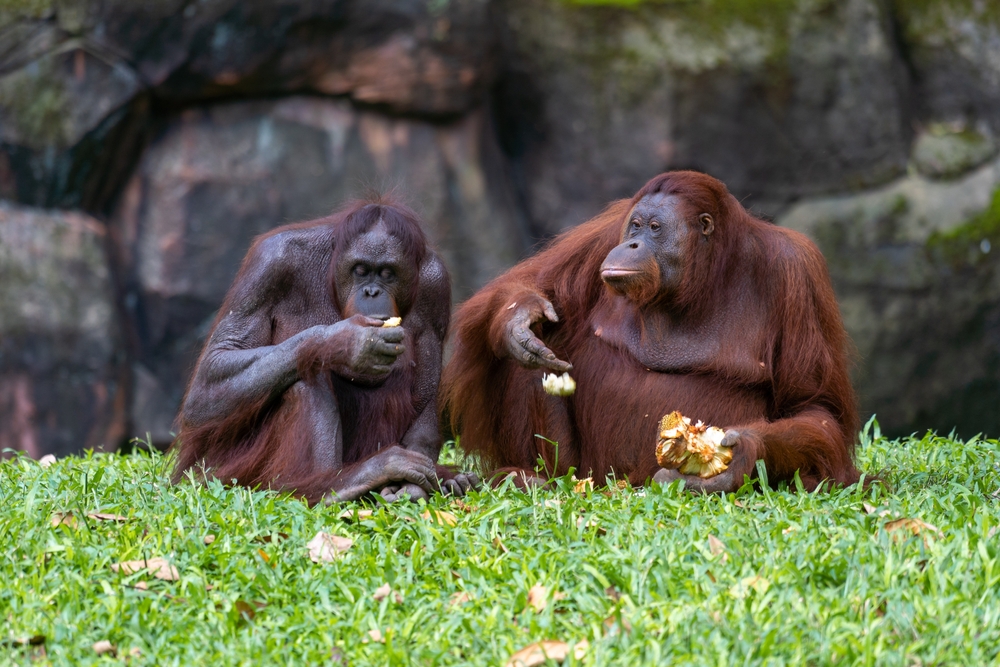Source: Medscape
A recent study published in Science reveals that mice display behaviors resembling human first aid, such as clearing the airways of unconscious peers. This adds to a growing body of research showing that many animals engage in self-medication or caregiving behaviors. For example, Matabele ants rescue and treat injured colony members, demonstrating triage-like decision-making. Great apes consume specific plants like Aspilia for parasite relief and have been observed using crushed insects to treat wounds.
Dolphins rub against certain corals containing antibacterial compounds to maintain skin health. Capuchin monkeys use millipedes to repel mosquitoes, showing clear awareness of the substance’s purpose. Other animals like bears, bison, and birds also use natural remedies, such as consuming grass or incorporating cigarette butts into nests to reduce parasites. These behaviors often arise through trial and error and are passed on through observation. Researchers believe studying animal self-medication may offer insights into new treatments for human health.

